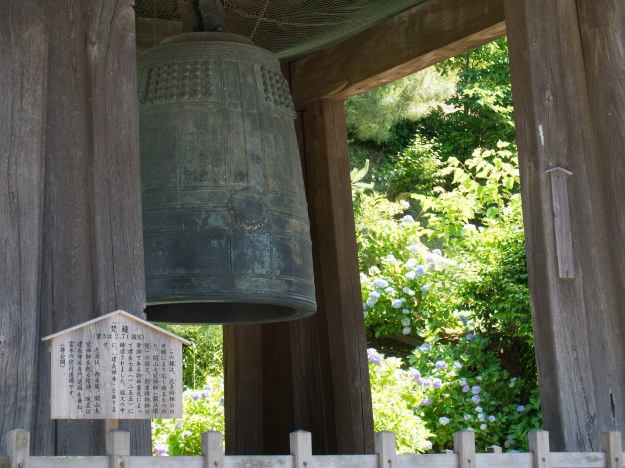
Photo by Black Country Museums on Creative Commons (original)
In three weeks I will graduate from my Japanese language school. I don’t have any exams to take as such, but a bit before Christmas I did a ‘Stimulated Oral Proficiency Interview’ test thing. Basically it involved recording myself having a forty five minute conversation with a CD player. It was weird.
Anyway, I then submitted that for evaluation, and yesterday the results came back. It was mainly positive, but there were a few weaknesses that all of the teachers marking my recording highlighted. There are two main points that I especially need to work on:
- Speaking politely
- Speaking clearly
But as I have reflected on these two points I have become convinced that my main weakness in Japanese is not my inability to speak clearly, but my inability to listen humbly.
The thing I need to work on most in these final three weeks is listening to my teachers.
I know this because when I read the comments on my interview I was not in the slightest bit taken by surprise. I had heard all of those comments before. I just hadn’t taken them seriously enough.
“You need to open your mouth more!” was said to me pretty much every time I practised giving a speech. And I had nodded, and said, “Hai!” and then gone on and focussed on learning the next grammar point and vocab.
Amongst the many sayings of my dad was this,
“There’s a difference between hearing someone and listening to them.”
A distinction that, I’m sorry to say, I have been blurring somewhat. I had heard my teachers, but I have to confess that I hadn’t really listened to them all that well.
Why? Well I recently read somewhere that it’s a human tendency that the level of our ability in a given area directly correlates to our ability to self-assess our ability in that area. In other words, the more we suck at something, the less we realise how much we suck at it.
Or in other other words, it’s a problem of pride. That and folly, pride’s faithful sidekick.
‘The way of a fool is right in his own eyes,
but a wise man listens to advice.’
(Proverbs 12:15)
That’s one of the key reasons why we need teachers. And it’s one of the reasons why we need to listen–not just hear–those teachers.
So now I am being drilled in how to enunciate in Japanese properly. (The geek part of me is loving learning about Japanese phonology.)
And I’m praying for a wise–that is, a listening–heart. If you pray, then you could add that of things to pray for me (and maybe for yourself too: just sayin’!)
